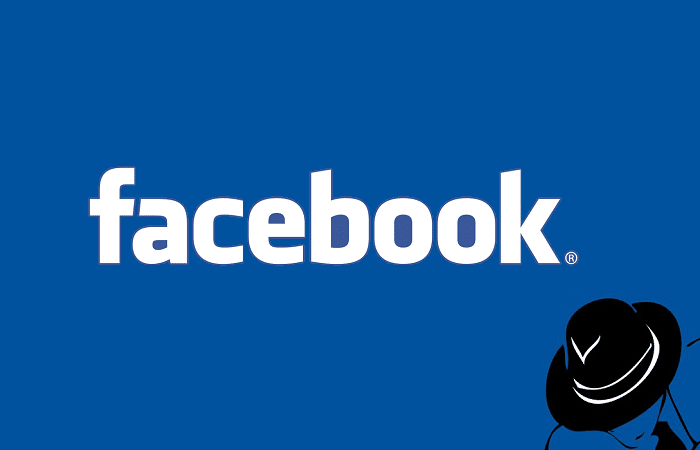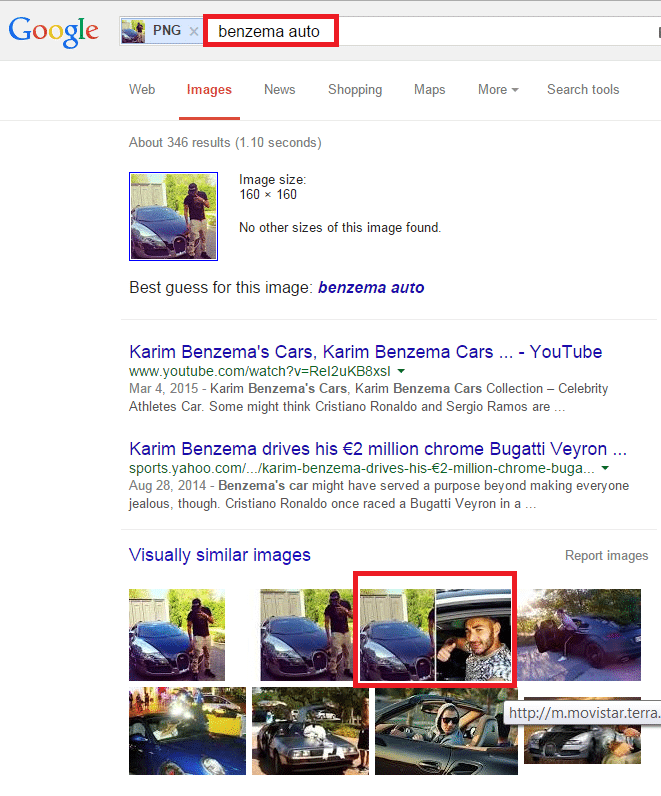2015 might be the year that blackhats flee SEO in mass and flock to Facebook to take advantage of how easily hundreds of thousands of people can be manipulated into liking a page and then into viewing advertising sponsored content. Why do I say this? Let’s examine 2 pages of what appear to be affluent, good looking, men.
tl;dr – found fake pages of fake rich guys, proved they were fake, used the opportunity to gather engagement data between the like counts. the URLs (not linked) to the FB pages in question are at the end of the article.
The Curious Cases of Aaron Simon and Jordan Embry
I made a new friend recently that is addictively drawn to the high-life. Fancy dresses, parties on yachts, trendy restaurants, destination vacations – all things she posts on a regular basis to her Facebook. So I wasn’t too surprised when she shared a post about winning $30,000 in some rich guys Facebook contest to generate a following on his page. I wasn’t surprised that she might know a rich guy or follow one’s “public figure” page, but offering $30,000 to get likes seemed a bit off. I was curious about who would make such an extraordinary offer and like at least 100,000 other folks decided to look at his page, immediately it screamed fake. My first clue was the fact that the page never posted more than two photos of the man it claimed to represent, Aaron Simon – and one of those photos had his head cropped out at the chin.
There are 4 types of public figures IMO that make Facebook pages, Instagram accounts, etc..
1. The already famous looking to capitalize on or steadily maintain their fame
2. The not-so famous that wish to push their ideas / views on others
3. Independent contractors / business people wanting to sell something or offer services
4. Those who hope that their antics / views / lifestyle will make them famous
All of the above rely on personal recognition, so it was odd when I visited the photos tab of Aaron’s page and scrolled through a heap of memes to find just 2 photos of the man. The one with his face cropped out made it difficult to find anything, but the second photo was of a good looking man standing next to a Lamborghini. It took some digging but I was able to find the same photo with a time stamp of a year earlier by using a reverse Google image search.
I had now proven, at least to myself, that this was a fake public figure page and that there was no possibility that the offer of $30,000 for sharing and liking was actually real. I decided it best to not irritate my new friend by pointing out that her hopes of winning money were just hopes and carried on with my life. That is until the following day when she shared a very similar post from a different man, Jordan Embry, this time the poster promised $100,000 with the same exact rules to be eligible to win.
This brought up a couple of possibilities. Aaron Simon might be a fake page but it could be just copying the Facebook strategy of someone actually well known, that or the other possiblity is that someone out there had the time to waste to trick people on more than one profile and if so that means they have to have incentive to do so. I dove in again.
Jordan Embry’s page had nearly 5 times the likes of Aaron Simon, Aaron had 155,000 and Jordan 520,000 at the time I started writing this. So it is possible that he was a real person being copied. However, much like the first photo posted to Aaron Simon’s page, Jordan’s hid the face of the man and like the second photo had him standing next to an exotic sports car. A quick Google search began to confirm my suspicions, Jordan Embry’s name brought up a short Snopes.com article about the “like farm” accusing him of offering fake contests for cars and money and never delivering, but offered little evidence. I don’t believe rumors, even on Snopes.com, now I wanted to find that lacking evidence.
Not only are the methodologies of Jordan and Aaron’s profile pictures similar, so are the links and memes they post. Actually the links and memes are identical between them. Again, if Jordan was a real person he could just claim he was being copied, so while showing the posts are precisely identical it’s not enough to prove either page fake. Like Aaron I wanted to run a reverse Google image search to see what I could find on the photo Jordan was using. That gave me the smoking gun.
Whoever built this page did not think to clear out the EXIF file data which included words Google used to help perform the reverse image search which read “Benzema Auto”. Benzema refers to Karim Benzema who is a French Footballer (soccer player) that plays for Real Madrid and the French National team. He can be seen driving the sports car in the photo, a Bugatti Veyron, along with the same facial features, scruff, and what appears to be the same hat in this video.
Now that we’ve clearly established that these two, and likely dozens more, are fake pages we can begin to build out the incentive or motive someone might have. That might be the easiest part of all. Both pages share an inordinate amount of content from the website FamilyBuzzer.com (not linking), a viral content website that earns revenue from Google Adsense Ads and keeps their domain WHOIS information set to private. But how effective is it?
Learning from Like Farm pages
We can use this particular scenario to learn from the like farms. These particular one’s post the exactly same content at the same time and based on their like acquisition strategy likely attract very similar audiences. This means we can examine the content they share and look at patterns in the engagement of that content. Here is some basic analysis.
I calculated the average engagement for Likes, Shares, and Comments on each pages last 10 posts and created these charts to show the impact of the increased like count on the content across the 2 profiles.
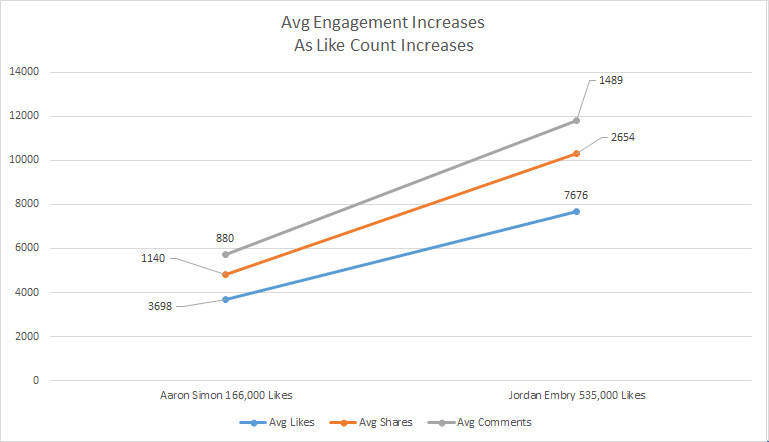
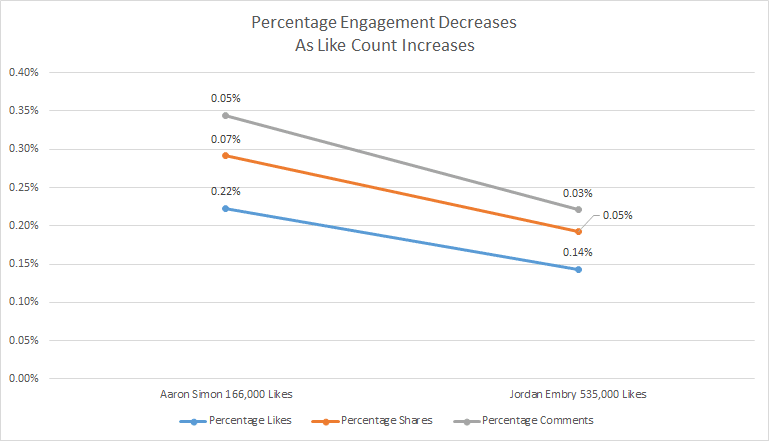
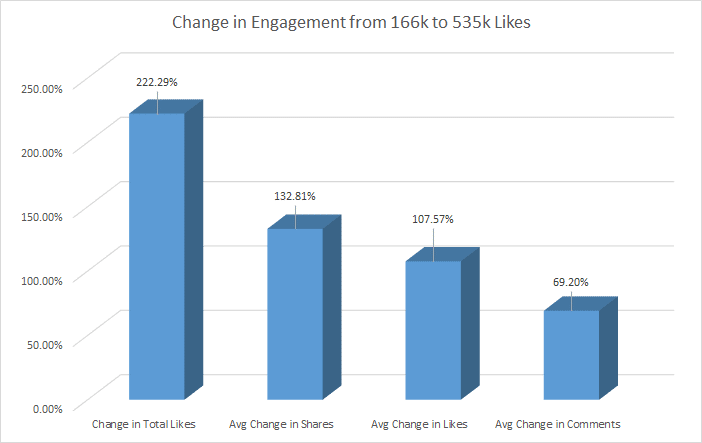
Based on this data I’m pretty sure there’s a point where gaining new likes to a page no longer provides enough engagement value for a publisher to be worthwhile, though I’m not certain what that point is.
NOTE: All engagement should be considered organic since it’s doubtful the blackhat’s running these pages are buying engagement with any debit or credit cards.
Next time you see a friend post on Facebook about a contest to winn a large volume of cash, an exotic sports car, or something else seemingly hard to believe from someone you’ve never herad of just know that it’s probably a blackhat building out a like farm to drive up Google Adsense revenue.
For the curious here are the 2 facebook pages in question. I’ll post a follow up about what non-blackhat facebook marketers can learn from this later
Aaron Simon: https://www.facebook.com/pages/Aaron-Simon/1623108971246394
Jordan Embry: https://www.facebook.com/EmbryFitness/
